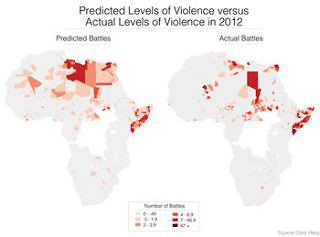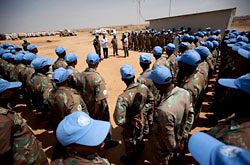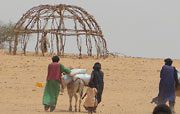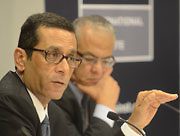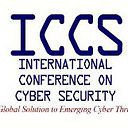When it comes to national security, online censorship appears to be a losing proposition for the Turkish government.
Author: Chris Perry
-
-
Machine learning is poised to help with the basic operational challenge of developing early warning systems: processing and analyzing data.
-
A new database on UN peacekeeping shows what countries have contributed to which missions on a monthly basis since November, 1990.
-
The crisis in the Sahel will not end unless new responses depart from the traditional “business-as-usual” approach.
-
Mr. Daoudi discusses the shift in the way we look at food security, technological advances, and Rio+20.
-
The FCC’s claim that the UN is poised to take “unprecedented powers over the Internet” is widely exaggerated.
-
Critical infrastructure today is heavily dependent on computer networks, which often lack necessary security from potential attackers.
-
Cyber security is a complicated problem–one that is not going away–but seems ripe for international cooperation.
-
In light of the recent Durban talks, Dr. Maria Ivanova wants to bridge global environmental governance and climate change issues, and for institutions to start collaborating in different ways.
-
The outcome agreement of the Durban climate talks deferred tackling difficult issues till 2015, at a time when emissions are reaching dangerous, irreversible levels.

